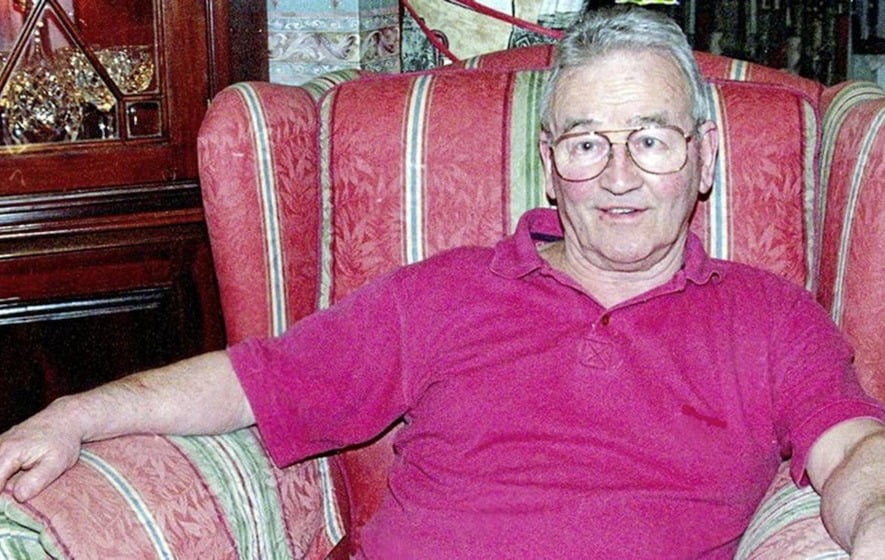
Patsy O’Donnell
Report from the High Court where Madden & Finucane represent the family of Patsy O’Donnell.
A man shot and wounded on Bloody Sunday carried the stigma of being wrongly regarded as a gunman for the rest of his life, the High Court heard today.
Patsy O’Donnell’s daughter said he died before a major inquiry established the innocence of all killed and injured by paratroopers in Derry on January 30, 1972.
Patricia Martin also claimed their family home was raided on a regular basis in the subsequent years as part of a campaign of military harassment.
Thirteen unarmed people were shot dead and several others wounded when members of the Parachute Regiment opened fire on a civil rights march in the city.
Mr O’Donnell, then aged 40, was struck in the shoulder by a bullet as he tried to take cover from the gunfire at Glenfada Park North.
He died in 2006, but his family are suing the Ministry of Defence (MoD) for the damages in connection with Bloody Sunday.
In 2010 the Saville Inquiry into the shootings found that all of the victims were entirely innocent.
The outcome led to David Cameron, Prime Minister at the time, issuing a public apology for the soldiers’ actions.
He described the killings as “unjustified and unjustifiable”.
With liability accepted in the legal actions taken by the bereaved or injured, proceedings centre on the level of pay-outs to be made.
Mr O’Donnell’s family claim that after being shot he was further humiliated by a soldier threatening to put another bullet in him.
He was wrongly arrested, subjected to sectarian abuse and hit over the head with a baton, they allege.
Mr O’Donnell went on to establish his own roofing business, working there until retirement in 2004.
But he was said to have viewed his association with Bloody Sunday as a life-long burden.
Mrs Martin described how in later years he became more agitated and uncomfortable in crowds of people.
“His feeling was that he would never achieve justice and be proven innocent,” she told the court.
“The stigma at the time was that anybody that got shot was a gunman, and my daddy carried that (for the rest of his life).”
She claimed raids on the family’s home began months after Bloody Sunday and continued every four to six weeks throughout the decade.
According to Mrs Martin, her father was also regularly pulled over at Army checkpoints when travelling across the border to Co Donegal for work.
“In the early days when my daddy had that stigma of being a gunman, all of the other workmen would have been thinking maybe there’s something in it.”
In cross-examination, counsel for the MoD asked why some of the allegations were only made six years after the legal action commenced.
David Ringland KC put to the witness: “If your father was picked on to be raided other families would have experienced the same problems.
“But we haven’t heard anything of that sort to show this was some campaign against people involved in Bloody Sunday.”
Mrs Martin replied: “I can’t comment on other people.”
The hearing continues.


You must be logged in to post a comment.